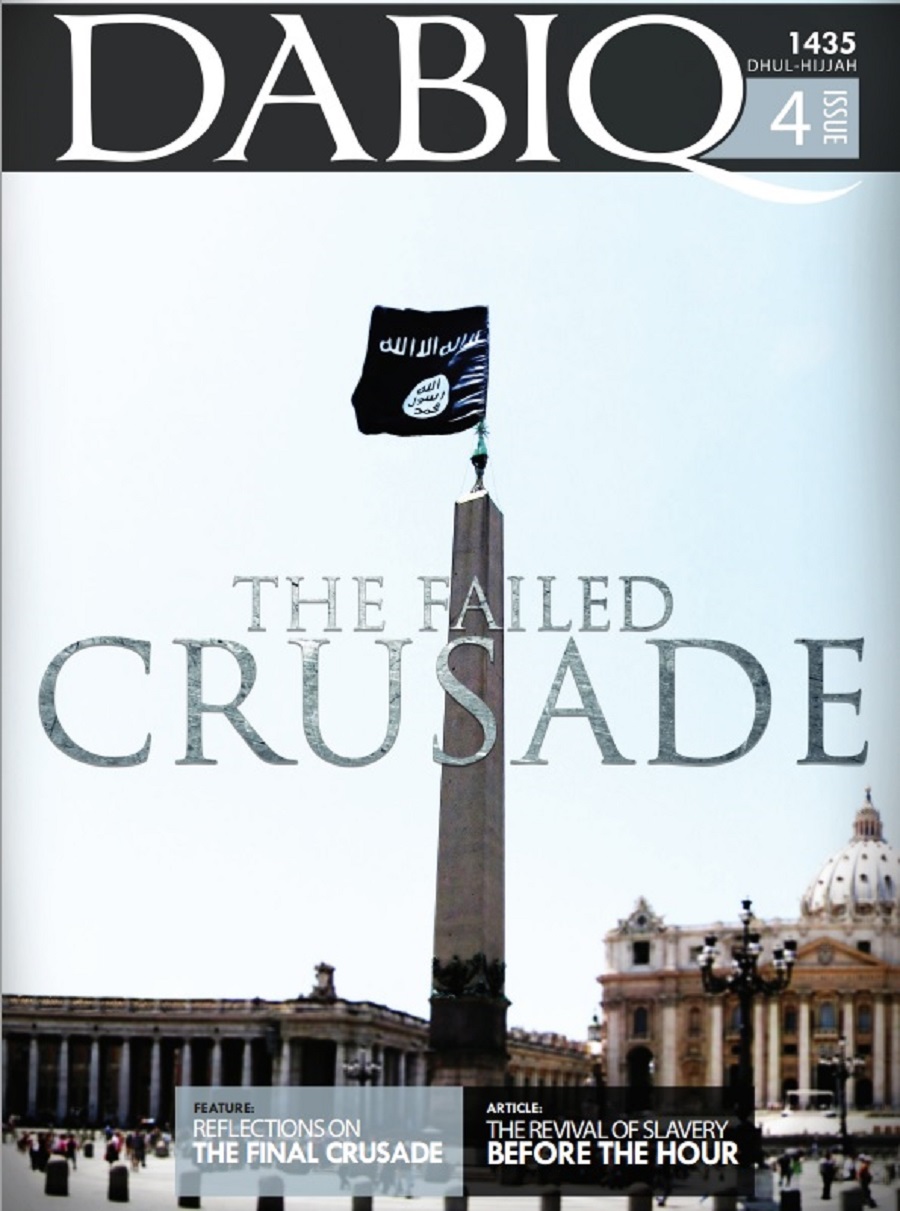Obama has willingly ignored the global terror threat matrix telling the world that climate change is a major threat.
In part USAToday: President Obama is sticking with his view that climate change is a global threat on the order of terrorism, in part because terrorist groups like the Islamic State will be defeated in traditional ways.
“But If you start seeing the oceans rise by five, six, seven feet” and if weather patterns change to where “bread baskets to the world suddenly can no longer grow food, then you’re seeing the kind of crisis that we can’t deal with through the deployment of the Marines,” Obama said in an interview on CBS This Morning.
“We can’t deal with it through pouring money at it,” Obama added.
As for terrorism, Obama — who is seeking a global climate change agreement — said “we’re gonna get” the Islamic State.
“They will be defeated,” Obama said. “There will be ongoing efforts to disrupt the world order from terrorists, from rogue states, from cyber attacks. There’s always some bad people out there trying to do bad things. And we have to be vigilant in going after them.”
Americans Name Terrorism as Top Problem for US
FreeBeacon: Americans are most likely to name terrorism as the top problem facing the United States in the wake of the terror attacks in Paris and San Bernardino, California.
Sixteen percent of Americans name terrorism as the largest problem for the country, more than a fivefold increase over the 3 percent who said so in early November before coordinated shootings and suicide bombings killed 130 people in Paris, according to a Gallup poll released Monday.
Terrorism ranks as a higher concern than the government, which 13 percent of U.S. adults name as the top issue facing the country. Americans are also more likely to point to terrorism as the largest issue than they are the economy (9 percent) and guns (7 percent).
The share of Americans labeling terrorism the primary issue is at its highest level in a decade, though remains far below the 46 percent who said so following the September 11, 2001, terrorist attacks.
The poll also found that, though Republicans are more likely than Democrats to name terrorism as today’s biggest issue, Americans identifying with both political parties are much more likely to mention terrorism as the top problem today than they were one month ago.
Currently, nearly a quarter of Republicans name terrorism the primary issue, six times the share who did so in early November. The percentage of Democrats has tripled in one month to 9 percent, and the share of independents has jumped more than sevenfold to 15 percent.
The poll was conducted in the days following the deadly shooting at a San Bernardino office party that killed 14 people and wounded more than 20 others. The two attackers, who later died in a shootout with police, had both been radicalized for years. Both were also allegedly supporters of ISIS, the terrorist group that claimed responsibility for the attacks in Paris on November 13.
In addition to naming terrorism the top issue, Americans are also decreasingly confident in the U.S. government’s ability to protect the nation from terrorist attacks in the future, according to previously released Gallup polling. A new low of 55 percent have at least a fair amount of confidence in the government under President Obama to protect the country against terrorism, a number that has eroded 12 percentage points since June.
Americans are particularly dissatisfied with the way in which Obama has been handling ISIS, with a majority of 64 percent disapproving of the way in which the president has responded to the terror group, according to a CNN/ORC survey released last week. Majorities of both Republicans and Democrats do not believe that the U.S. military response to the terrorists has been aggressive enough.
Though a majority of adults now want the U.S. to send ground troops into combat operations against ISIS in Iraq and Syria, the Obama administration has argued that doing so is not the answer to defeating the terror group.
“While we certainly have the capability to furnish a U.S. component to such a ground force, we have not recommended this course of action for several reasons,” Defense Secretary Ash Carter told lawmakers Wednesday. “In the near term, it would be a significant undertaking that, much as we may wish otherwise, realistically, we would embark upon largely by ourselves; and it would be ceding our comparative advantage of special forces, mobility, and firepower, instead fighting on the enemy’s terms.”
“In the medium-term, by seeming to Americanize the conflicts in Iraq and Syria, we could well turn those fighting [ISIS] or inclined to resist their rule into fighting us instead,” Carter added.


